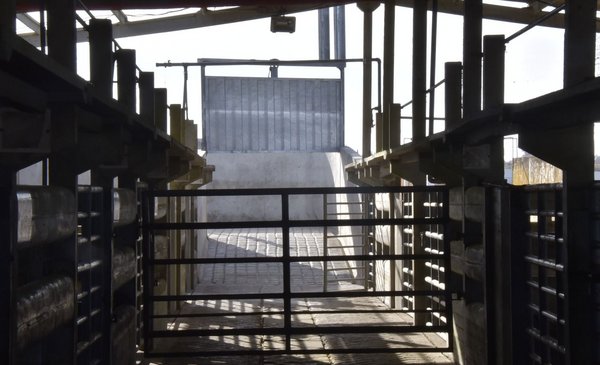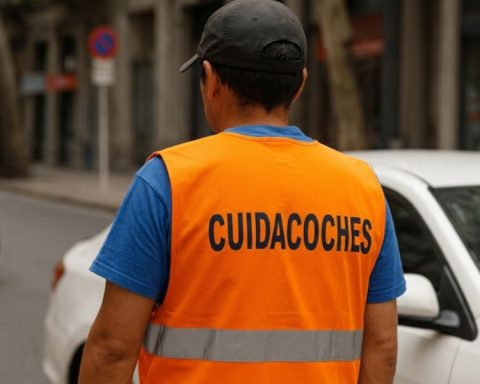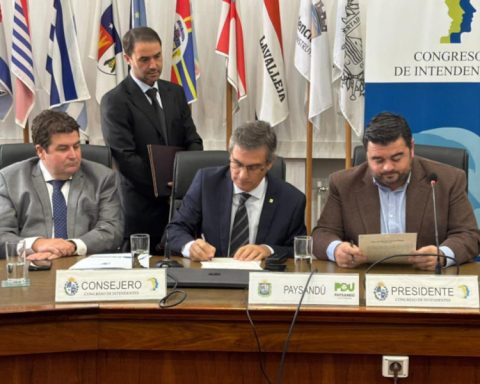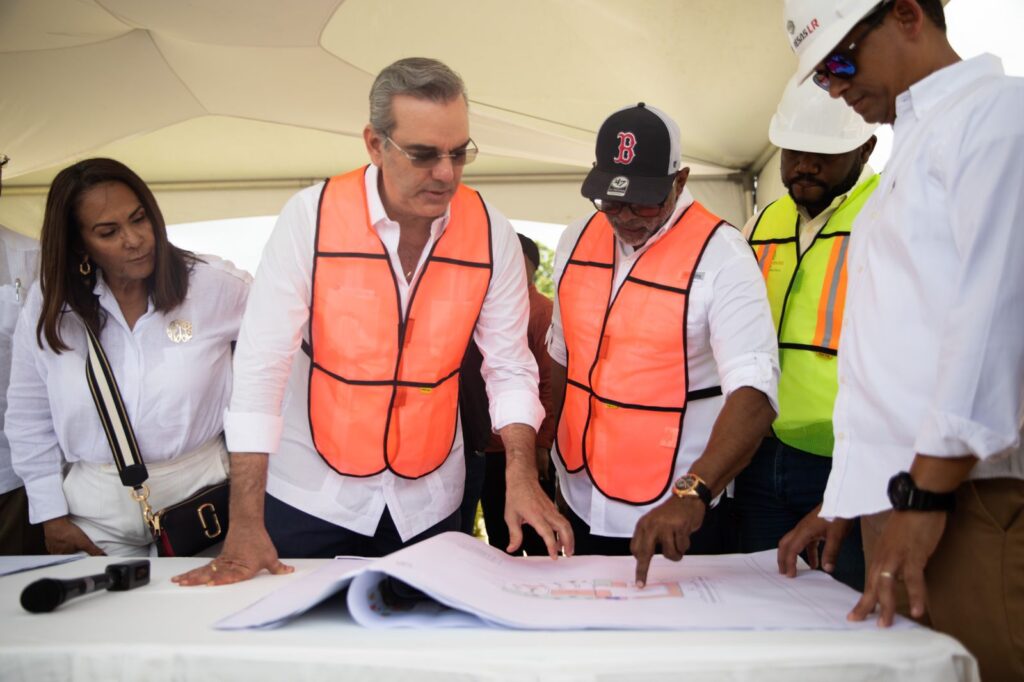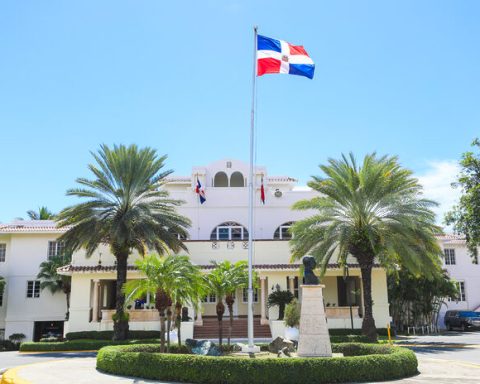Chinese authorities, virtually –via Zoom–, are developing a set of random audits of procedures carried out by the Ministry of Livestock, Agriculture and Fisheries (MGAP) and management throughout the industrial processfrom the moment the animals arrive at the refrigerator until the boxes with meat are dispatched for export.
Diego De Freitas, director of the Ministry’s Livestock Services, highlighted The Observer that the exercise of audits to the meat industrial complexes and the MGAP “It is something routine, we have recently had European audits, from the United States, now China”and added that “the markets are always controlling and in that sense we are doing well”.
He explained that the current audits are based on the fact that the Customs Administration of the People’s Republic of China (GACC) decided to apply a change in its system of registration of imported products, through which what was called “meat on the bone” became known as “bovine bone”.
This new registration mode has already been activated for all Uruguayan companies authorized to export to that market.the longtime primary for external meat placements.
MGAP
Chinese audits to the MGAP and refrigerators.
The weight of a giant
So far in 2022, China has invested US$1,264 million of a total of US$2,228 million that entered Uruguay for the total exports of the meat sector. This client explains, therefore, 57% of the total income. Considering the volume exported, China captured 65% of the 357.7 thousand tons of beef (carcass weight) and 46% of the volume exported in sheep meat (in a total of 11,854 tons carcass weight).
The ongoing audits in Uruguay are something that China demands from all of its suppliers.
The activity has already been carried out in the Carrasco and San Jacinto refrigerators and this Thursday it will be held in Copayan.
Once the final official reports arrive, which are expected to be satisfactory, these plants and the rest (a total of 23) will continue to be enabled for export activity to China, as is currently the caseDe Freitas said.
He also pointed out that so far there were “small observations, nothing serious”, which are “totally solvable”.
The audits also consider the procedures carried out in the ministry. Then, certification procedures are considered. “That is why we are always responsible for the Livestock Services of the ministry, with the participation of the directors, deputy directors and coordinators of Industry and Animal Health and also those of the official laboratory, Dilave,” he explained.
In the plants, where those responsible for these industrial complexes and the MGAP representatives there are, control is absolute, from the moment a truck arrives and unloads the hacienda, after which the controls go through what happens in the waiting pens, on the slaughter beaches, in all the deboning and chamber activity, in the packing, until the product remains in the boxes ready to be exported.
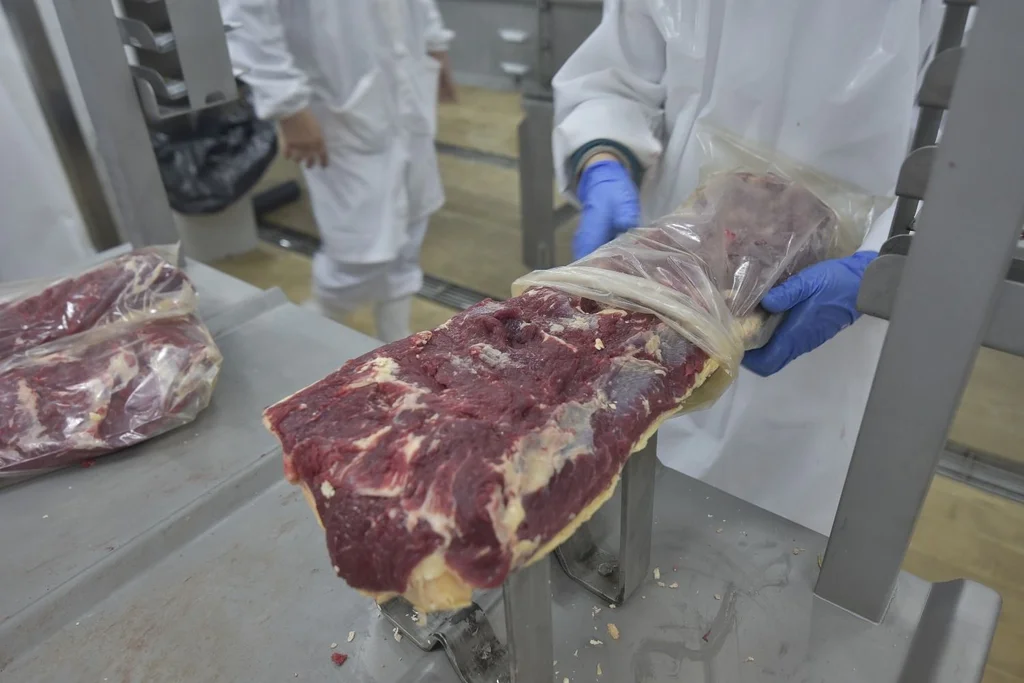
Carlos Pazos
China is by far the largest market for beef and sheep meat.
Hygiene, health and covid
The MGAP website explains: “The experts carry out a general audit of the slaughter plants, of all the sections where products are produced to be exported to China. They evaluate hygienic-sanitary aspects, compliance with the Protocol signed between China and Uruguay in December 2018, as well as everything related to the correct application of the covid-19 prevention protocol. They have a duration of between eight and twelve hours each and are being developed fluidly”.
Everything is very rigorous and is good not only for the market that buys Uruguayan meat, but also for the MGAP and the exporting companies. to confirm that everything is being done properly, considered the hierarch.
De Freitas concluded by saying that “we have all the plants enabled, all the plants have been constantly audited and not only by China and they are enabled for all markets.”
